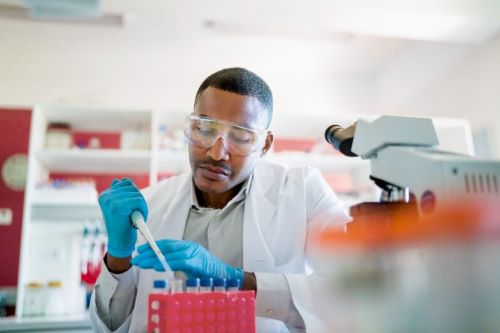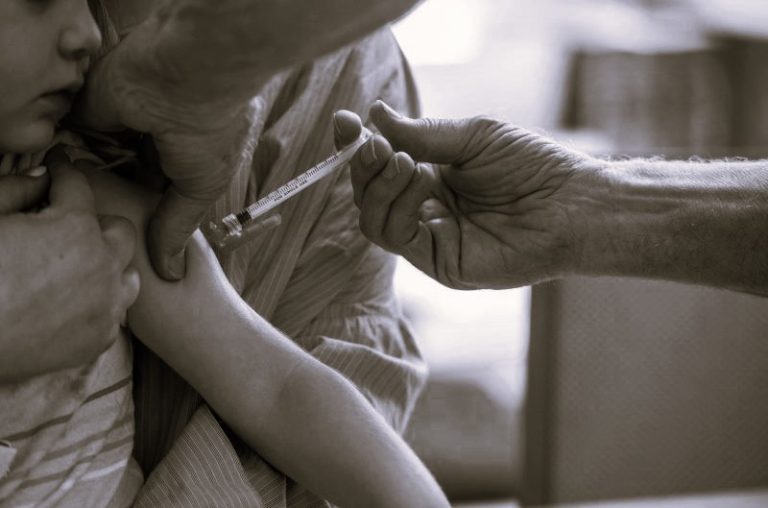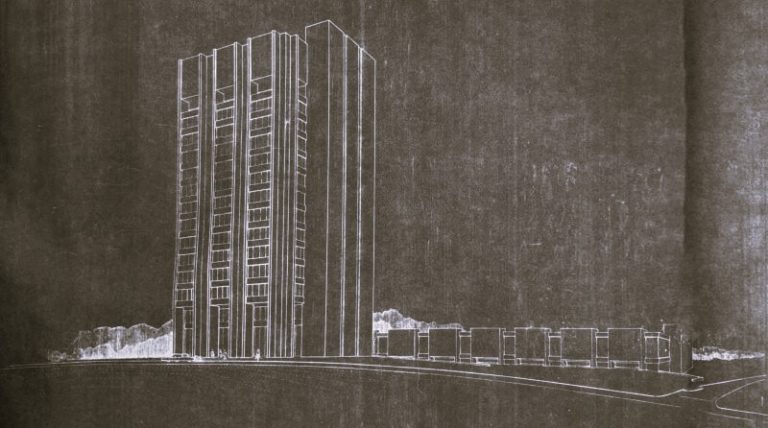

In slight decline in trust in scientists among the U.S. public, there is a clear factor underlying it: partisanship.

By John Timmer
Senior Science Editor
arsTECHNICA
The Pew Research Center released the latest iteration of its surveys of Americans’ views of science and scientists. On the most basic level, they see a drop in the public’s opinion of scientists since the height of the pandemic in 2020. But, as always, the situation is more complex when the numbers are examined closely.
In general, there was a drop in trust of almost every occupation during that time period, and in the case of scientists, this largely represents a return to pre-pandemic popularity. The exception is that nearly everyone is less likely to say that scientists should get involved in policy decisions, with Republicans feeling especially strong in this regard.
The Pew surveys are large, with more than 10,000 participants, and have been done for long enough (six years for some questions) that trends should be apparent in the data. And the results have generally been positive for scientists: Science as a whole is widely supported, and scientists are one of the most highly respected groups in the US.
Nothing about that big picture has changed with the latest polling. When asked about whether they were confident that a group would act in the best interests of the public, medical scientists were the most highly rated, with 80 percent of the participants saying they had a “great deal” or “fair amount” of confidence in them. The military and scientists, in general, were tied for second at 77 percent. No other groups were above 70 percent.
READ ENTIRE ARTICLE AT ARSTECHNICA






